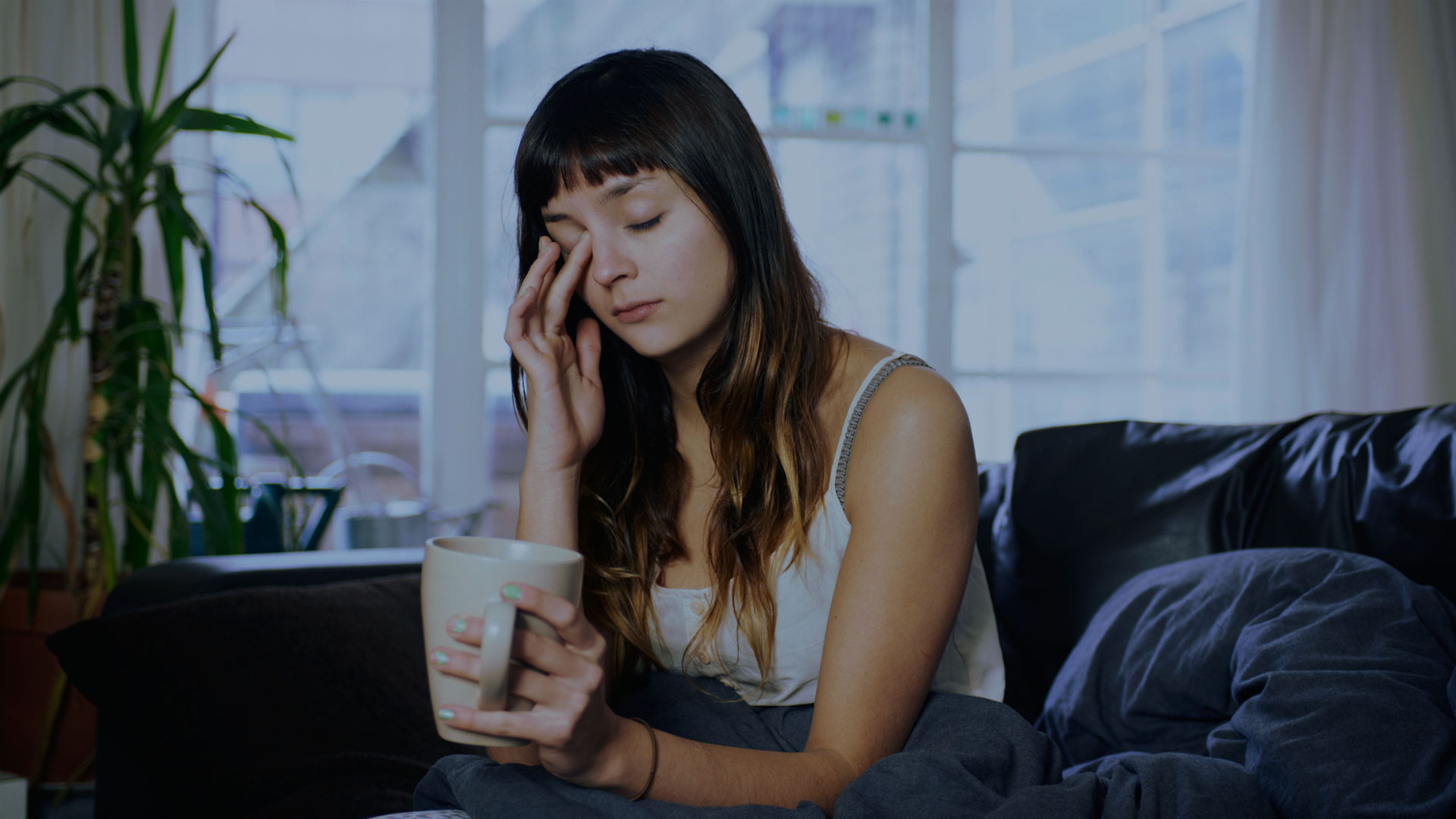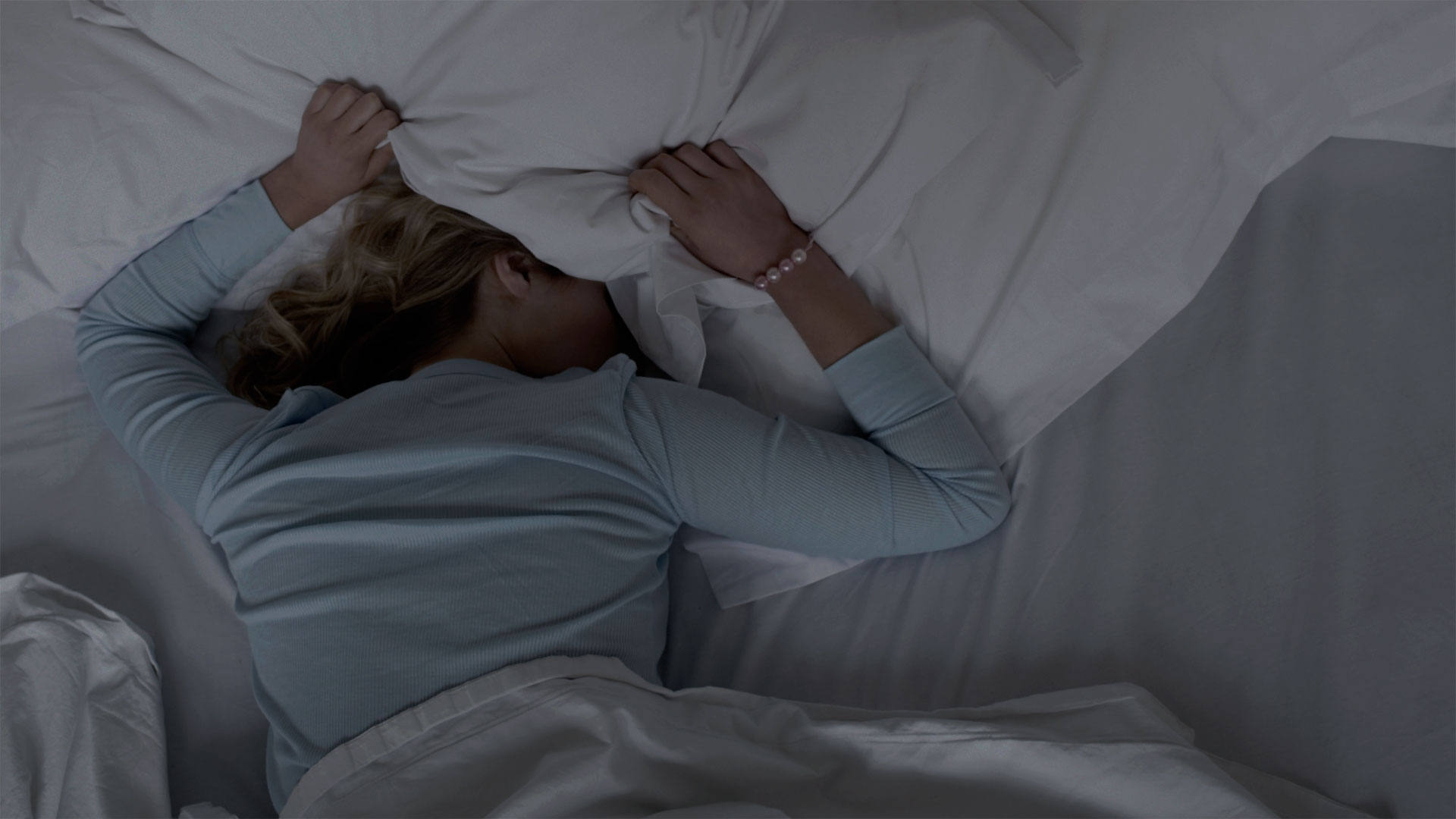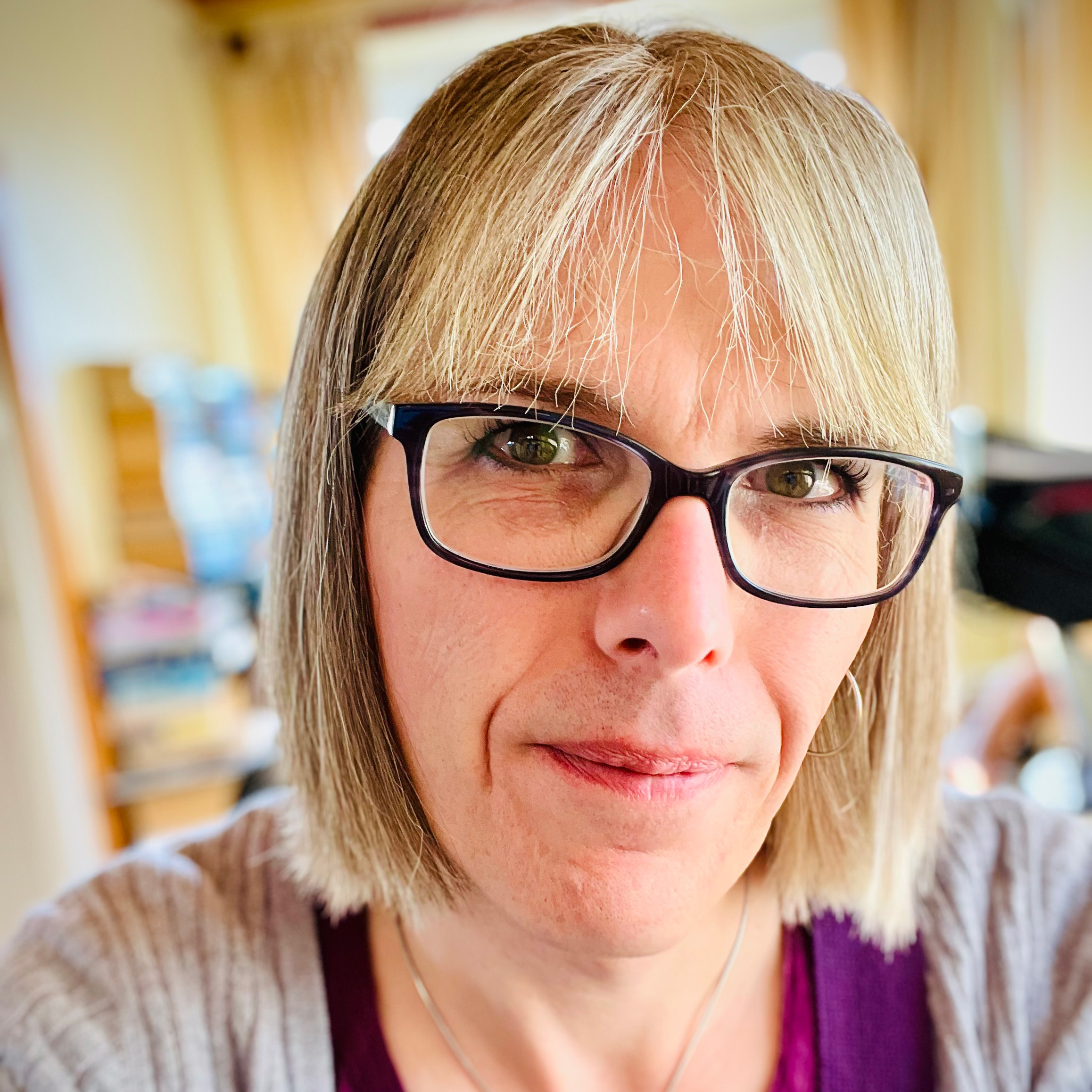Signs you might be suffering from SAD
Suffering from seasonal affective disorder? Here are the signs to look out for


Wondering about signs you might be suffering from SAD (seasonal affective disorder)? It's the sort of thing that could easily cross your mind at this time of year.
As the winter months approach, the days are getting shorter, which means not only that it's getting dark earlier in the evening, but also that the sun's rising even later. This can mean a real struggle to wake up in the mornings if, over the summer months, your brain's attuned itself to the sun being up for a while before you need to get out of bed, and that sort of bad start can leave you feeling out of sorts for the rest of the day.
There's a big difference, however, between having trouble adjusting to darker mornings, and suffering from full-blown SAD. SAD is a form of depression with a seasonal pattern; in general, the symptoms begin in the autumn, peak in the winter months and tend to ease in the spring. While the causes of SAD aren't fully understood, it's thought to be connected to a lack of sunlight taking its toll on the body's internal clock, as well as affecting the production of serotonin and melatonin.
SAD, like any other form of depression, can be thoroughly debilitating. Investing in one of the best SAD lamps can make a difference, as well as trying out soothing sleep tips for SAD sufferers. However, if you're merely having trouble getting going in the morning, you might do better with one of the best wake up lights.
If you're not sure whether you have SAD or a bit of an autumnal blip, read on to learn the all-important symptoms.

Signs you may be suffering from SAD
The signs of SAD are similar to other forms of depression, the big difference being that they occur repetitively at certain times of year, and the nature and severity of SAD symptoms can vary from person to person – they may be mild and manageable for some, while for others they can be much more severe and bring with them an impact on everyday life.
According to the NHS, any of these signs would suggest that you may be suffering from depression:
Get all the latest news, reviews, deals and buying guides on gorgeous tech, home and active products from the T3 experts
- A persistent low mood
- A loss of pleasure or interest in normal everyday activities
- Feeling irritable
- Feelings of despair, guilt and worthlessness
- Low self-esteem
- Tearfulness
- Feeling stressed or anxious
- A reduced sex drive
- Becoming less sociable
The NHS also points out that a small number of people might experience these symptoms in phases, with more 'manic' periods in between when they feel much more happy, energetic and sociable.
Beyond typical signs of depression, in the case of SAD there are other and more specific symptoms to look out for:
- Being less active than usual
- Feeling lethargic and sleepy during the day
- Sleeping longer and finding it hard to wake up in the morning
- Difficulty concentrating
- An increased appetite – you may find yourself craving high-carbohydrate foods, resulting in weight gain
What to do if you think you have SAD
SAD is much more than a touch of the winter blues, and if the symptoms listed above ring true with you, your next step should be to speak to your GP. However, diagnosing SAD can take some time because of its seasonal nature and its similarity to other types of depression; the NHS says that a SAD diagnosis can usually be confirmed if your periods of depression happen at a similar time each year for at least two years, and if these periods of depression are followed by periods without depression.
- If you're struggling to get good sleep, try 6 ways to shake up your sleep habits
And while, as we've mentioned, SAD lamps can help – as well as trying to get as much natural sunlight as possible, taking regular exercise, eating healthily and avoiding stress – the main reason to see your GP is that other treatments may be more effective. These might include cognitive behavioural therapy and other forms of psychotherapy, or a prescription of antidepressants in the case of severe SAD. For more details, see the NHS page on SAD treatment.

Jim is a freelance writer who has been largely occupied with writing about the mattress industry for the past few years. Jim spent most of 2023 working as Sleep Editor on TechRadar and learning more about mattresses than they ever wanted to know. Jim has also covered graphic design, politics, films and web design, as well as writing promotional material and video scripts for tech and video game companies.